
Studying Abroad in Japan
Planning of studying abroad in Japan? Complete guide for foreign students. Find study abroad programs, student visa, costs, housing, and school in Japan.
Home • Studying Abroad in Japan • How to Study Abroad in Japan?
This guide provides a step-by-step breakdown of how to study abroad in Japan, including the process, visa requirements, cost considerations, top study destination cities, and expert tips for your success.

This comprehensive guide includes essential information on how to study abroad in Japan with Go! Go! Nihon. From initial planning to your arrival in Japan, we will assist you with every step.
Specifically, you will learn how to:
More than 17,000 students have successfully achieved their dream of studying abroad in Japan with our assistance. With more than 17 years of experience, we have a deep understanding of the process, and we are ready to share our knowledge with you.
Continue reading to learn the keys to a seamless and unforgettable experience studying abroad in Japan.
The process of studying abroad in Japan is not straightforward. It involves many steps and a strict timeline. If you fail to follow these steps, you might miss your chance to study in Japan.
This list can seem overwhelming. You can contact our experienced student coordinators today to have your questions answered immediately.
Begin researching where and what you want to study. Consider factors such as the city, school type, program duration, and visa requirements. If you are unsure, contact us.
We are here to answer your questions and assist you with getting started on your application.
There is one primary student visa required for long-term study in Japan. This visa is commonly issued for:
Japanese student visas can allow you to stay in Japan for six months to four years, depending on the length of your program. Japanese language programs are capped at two years, but the visa can be extended if you are accepted to continue studies in another program, for example at a vocational school or university.
The Japanese student visa also allows you to undertake part-time employment. This provision is intended to assist you with covering your living costs while you are in Japan.
Work permission depends on meeting certain requirements, including limits on work hours and job types.
You need to submit several documents to apply for a Japanese student visa, including:
Once your school submits your application, you will receive a Certificate of Eligibility (COE).
To convert it into a visa at your local Japanese embassy, you will need:
To make the best choice for your studies in Japan, carefully consider these key factors:
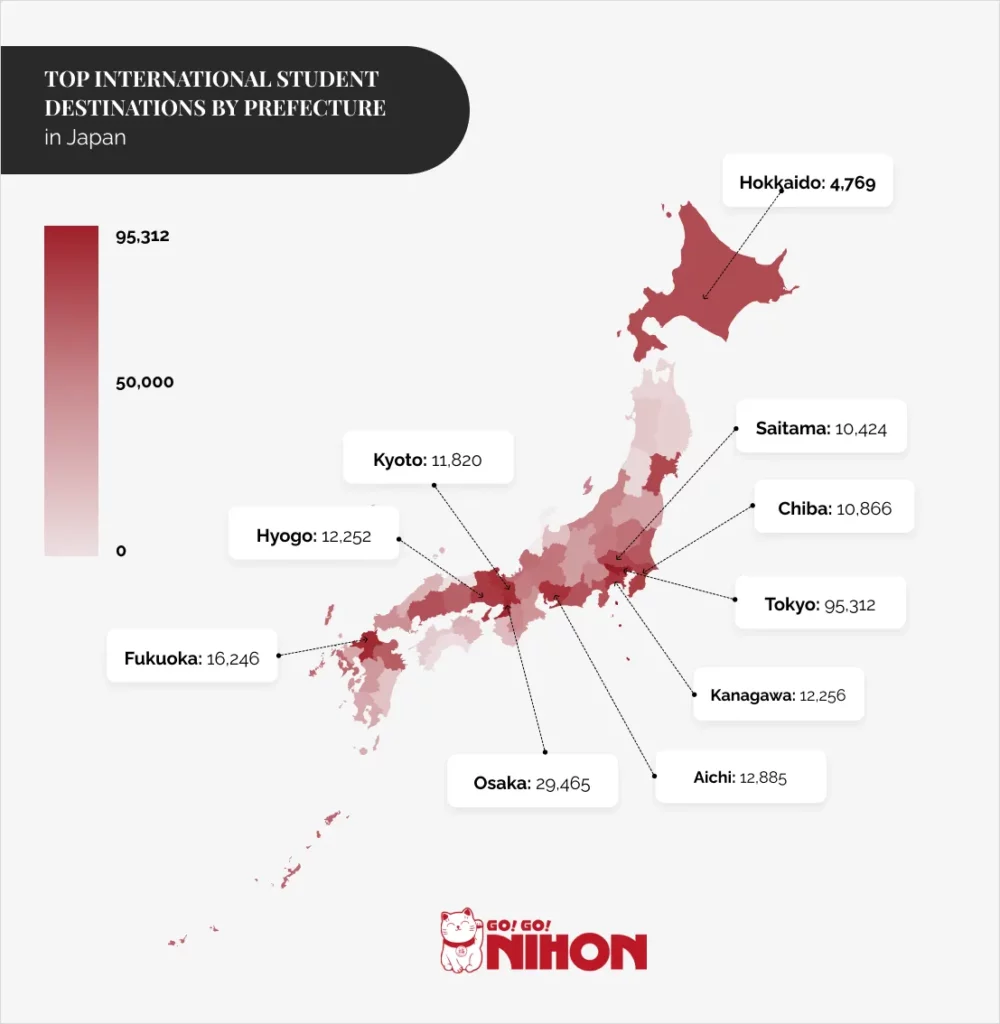
All 47 Japanese prefectures are potential destinations for studying abroad. Choose carefully, as your location will significantly impact your life beyond the classroom.
We support applications to schools in 12 regions:
DID YOU KNOW?
The choice of where to study abroad depends on your individual preferences and what you aim to achieve.
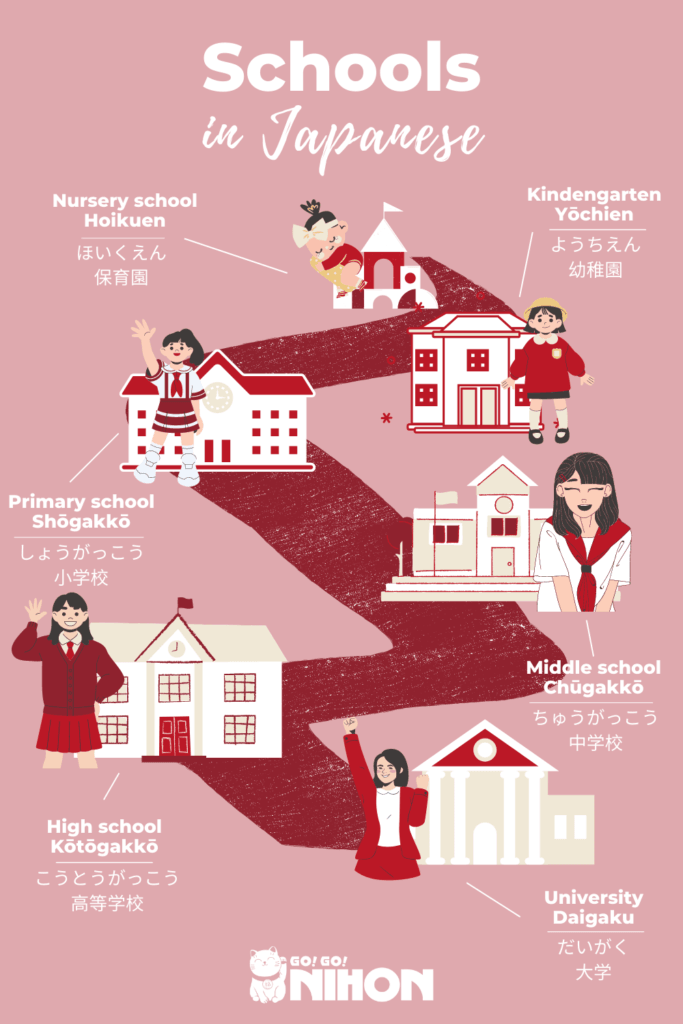
Familiarizing yourself with the Japanese Education system is important, as you will eventually be integrated into it.
The Japanese education system is divided into five cycles:
While similar to the U.S. system, one key difference is a heavier emphasis on morals and ethics education in Japan.
Schooling is compulsory until age 15, but most students continue to high school.
To qualify for a student visa, at least 150 hours of prior Japanese language study is necessary.
Beginning in April 2025, Japan will require long-term language school applicants to demonstrate A1-level Japanese proficiency. This proficiency can be achieved through 150 hours of study or an equivalent exam.
You can read the Japanese Immigration’s guidelines about this (the document is in Japanese) or find out more in our blog on the topic.
You can complete this at a Japanese language school or take advantage of an online course, such as our Akamonkai 12-week beginner course, to fulfill the requirements at your own pace.
DID YOU KNOW?
Since learning basic Japanese is a lengthy process, it is recommended that you begin studying as soon as possible.
Enhance your Japanese language learning experience with our collection of free resources. We provide various resources, including blog articles and online course trials, to assist you in assessing your commitment before fully immersing yourself in language learning.
The application process for your chosen school in Japan requires you to gather and submit a variety of documents, depending on your background.
Submit your completed Japanese student visa application documents, ensuring all materials are accurate, and complete.
After your application has been submitted, you are required to pay a non-refundable application fee to the school. Paying the application fee secures your spot in the applicant pool and allows the school to begin processing your application.
DID YOU KNOW?
Applications for each intake are accepted up to one year in advance, with a final deadline six months before the term starts. Due to high demand, early application is strongly advised to guarantee your spot.

It is time to finalize the major details of your experience studying abroad in Japan.
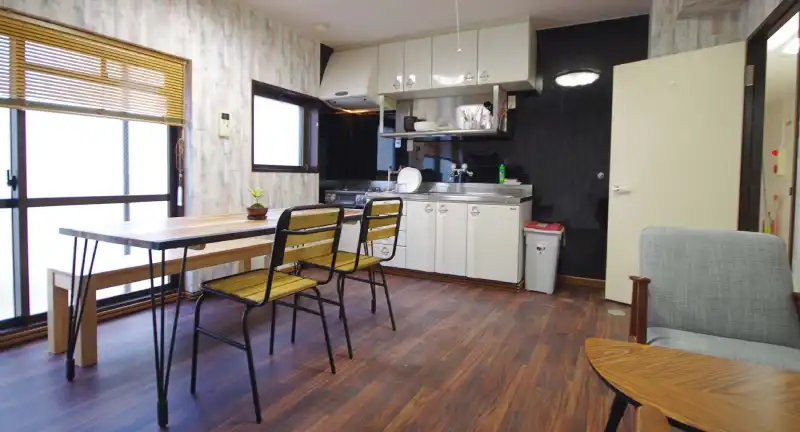
When planning your experience studying abroad in Japan, it is crucial to arrange your accommodation. This arrangement will ensure a smoother transition.
There are several options to consider, each with its own advantages and disadvantages.
Carefully research each option. Consider factors such as:
You can also learn the advantages and disadvantages of each type of accommodation in Japan.
Whether you prefer a dormitory, share house, or private apartment, Go! Go! Nihon can assist you with finding accommodation in Japan. Contact your student coordinator.
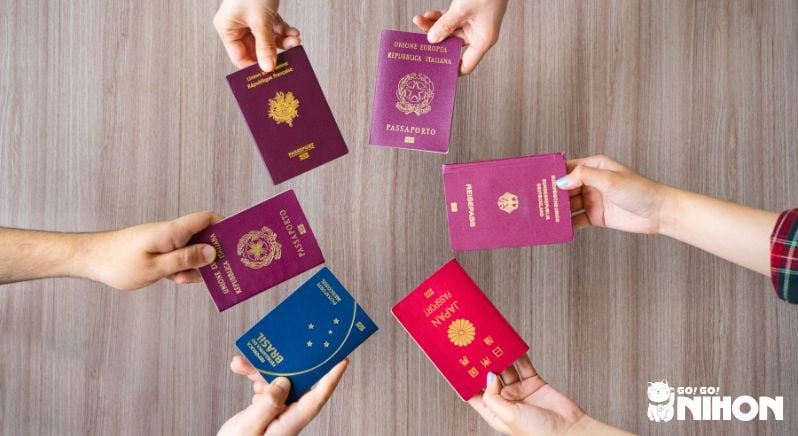
Packing can be challenging when relocating to another country, whether for a short-term or long-term stay. To assist you with preparing for your studies in Japan, we have created a list of essentials to pack and items that may assist with homesickness.
These are primarily travel essentials:
When traveling to Japan, it is important to be mindful of what you pack, especially regarding items that are prohibited from entering the country.
While you await your Certificate of Eligibility (COE), why not use this time to learn more about student life in Japan?
Our blog contains helpful articles and advice. You could familiarize yourself with:
Follow these steps to prepare for your journey and transition smoothly into your new life as a student in Japan.

Upon arrival, settle into your accommodation. Then, there are several things you need to do after arriving in Japan:
At the airport:
In your city:
Then, it is time to start your studies and embrace your new life in Japan.
Learn from international students who have successfully studied in Japan. Read their stories and get inspired!
Go! Go! Nihon is your gateway to studying and living in Japan. We provide comprehensive support to assist you with achieving your dream.
Do not miss your chance to study in Japan through language schools, vocational programs, or study trips. Begin your journey now to gain unique skills, experience Japanese culture, and enhance your future opportunities.
Studying abroad in Japan involves several important steps, beginning with researching programs and locations up to one year in advance.
Do not risk the stress and uncertainty of navigating the Japanese student visa process independently. You can avoid potential delays and costly mistakes that could jeopardize your dreams of studying abroad in Japan.
Our expert team will handle the complexities of your application. This will ensure a fast, smooth, and successful visa application, allowing you to focus on the exciting adventure ahead.
Begin planning your transformative experience with Go! Go! Nihon today to secure your spot and avoid missing out.

Planning of studying abroad in Japan? Complete guide for foreign students. Find study abroad programs, student visa, costs, housing, and school in Japan.

Learn Study abroad programs in Japan! Find programs for all interests & durations. Explore language schools, universities & get help applying free of charge.

Essential guide on working in Japan for international students. Information on eligibility, finding part-time jobs, visa requirements and rules, and salary.
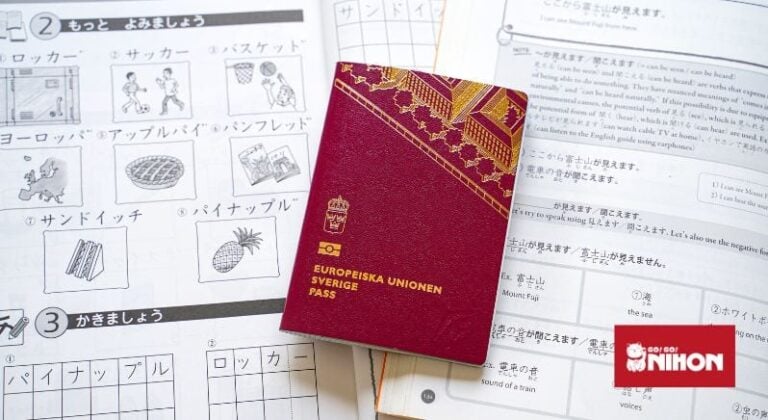
Your complete Japan student visa guide. Learn about requirements, deadlines, & working part-time. Go! Go! Nihon simplifies your application.

Looking for the best places in Japan for studying abroad? Get insights into cities, costs, and more. Begin your study abroad journey.

This guide details how to study abroad in Japan for foreign students, including processes, visas, costs, top destinations, and expert tips. Discover more.

This guide details how to study abroad in Japan for foreign students, including processes, visas, costs, top destinations, and expert tips. Discover more.
🎌 Join our next Webinar!
Learn Japanese in Japan with Go! Go! Nihon: Info Session and Q&A